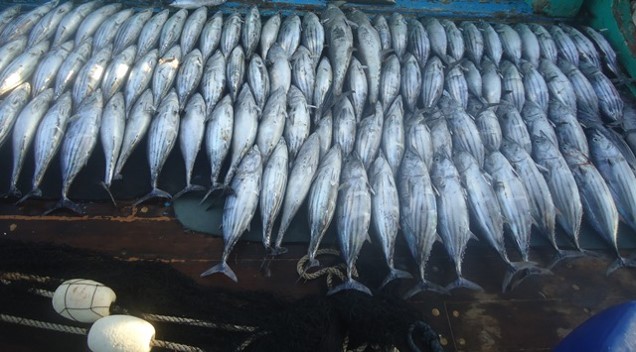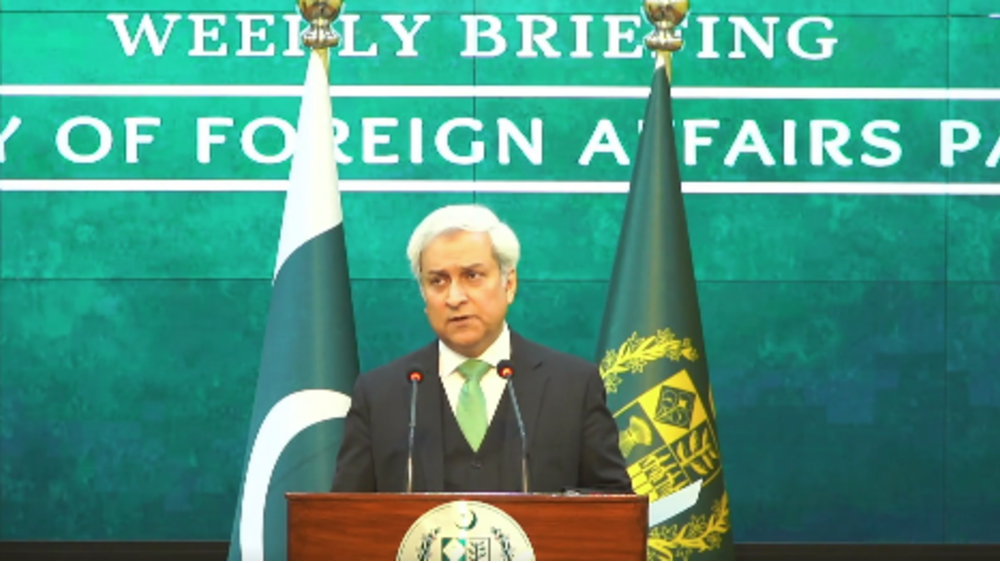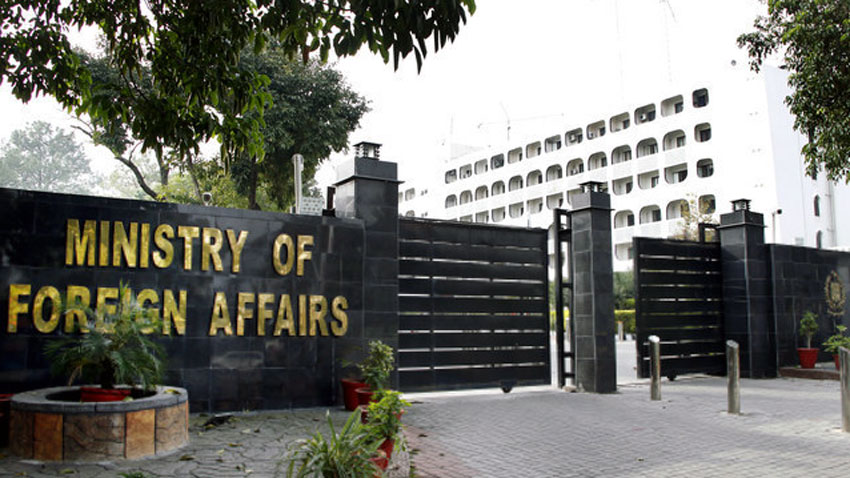WWF-Pakistan calls for marine resource protection on World Fisheries Day


FILE PHOTO: A view of the Fish Market (WWF Pakistan)
ISLAMABAD: World Fisheries Day, marked globally on Nov. 21, has brought renewed attention to the growing pressures on Pakistan’s marine resources, with WWF-Pakistan warning that uncontrolled fishing fleets and post-harvest losses are placing the country’s coastal ecosystems at risk, according to a press release issued Thursday.
The conservation organization called for the urgent implementation of a five-pronged strategy to restore declining fish stocks and improve the livelihoods of coastal communities.
Pakistan’s marine fisheries sector, which supports around 1 million fishermen and workers in related industries, faces stagnating and, in some cases, declining fish landings due to overexploitation, loss of key habitats, pollution, and the impacts of climate change, according to the WWF-Pakistan.
Major post-harvest losses, high bycatch of endangered species, and an unchecked expansion of the fishing fleet are further straining marine biodiversity, it added.
“World Fisheries Day reminds us of the urgent need to protect our natural habitats and the diverse fauna and flora that are under serious threat due to unsustainable practices and the uncontrolled increase in the fishing fleet,” said Muhammad Moazzam Khan, Technical Advisor at WWF-Pakistan.
In the statement, Khan outlined a five-pronged plan that he said should be implemented without delay to stabilize the sector and boost economic output.
The strategy includes “reducing the fishing fleet, improving on-board post-harvest handling in multiday fisheries, establishing shrimp farming clusters along the Sindh and Balochistan coasts, initiating exploratory fishing to sustainably utilize unexploited resources, and diversifying seafood products.”
“Together, these measures can increase production, boost exports, and significantly improve the socio-economic conditions of coastal fishing communities,” he said.
WWF-Pakistan said the approach would help raise seafood exports and improve incomes along the country’s 1,001-kilometer coastline while protecting fragile offshore ecosystems.
The organization added that safeguarding these waters is essential as harmful fishing practices pose an “extreme threat” to the northern Arabian Sea’s biological diversity.
The organization reiterated that the fisheries sector plays a critical role at the national level. “WWF-Pakistan, the country’s largest conservation organization, considers fisheries an important sector of the national economy, supporting around 1 million fishermen and those involved in ancillary industries,” the statement said.
“Since its inception, the organization has implemented numerous projects aimed at uplifting the socio-economic conditions of coastal communities, mitigating the impact of fishing on biodiversity, reducing bycatch, and promoting sustainable practices.”
The organization emphasized that World Fisheries Day is not just a celebration of the sector’s value but a reminder of the global challenges facing marine ecosystems and the need for coordinated action to ensure sustainability for future generations.
WWF-Pakistan, formed in 1970, operates through 32 offices with a staff of nearly 300 and runs projects across the country focused on conservation, environmental protection, and community resilience, according to the press release.
Latest News
Pakistan says Afghanistan jet crash claim 'totally untrue'
2 HOURS AGO

Pakistan advises nationals to avoid non-essential travel to Iran
3 HOURS AGO

United States and Israel launch attacks against Iran
3 HOURS AGO

OIC to campaign for Bangladesh's UNGA bid: FM Rahman
5 HOURS AGO

Canada says relocating some diplomatic staff from Tel Aviv
5 HOURS AGO
